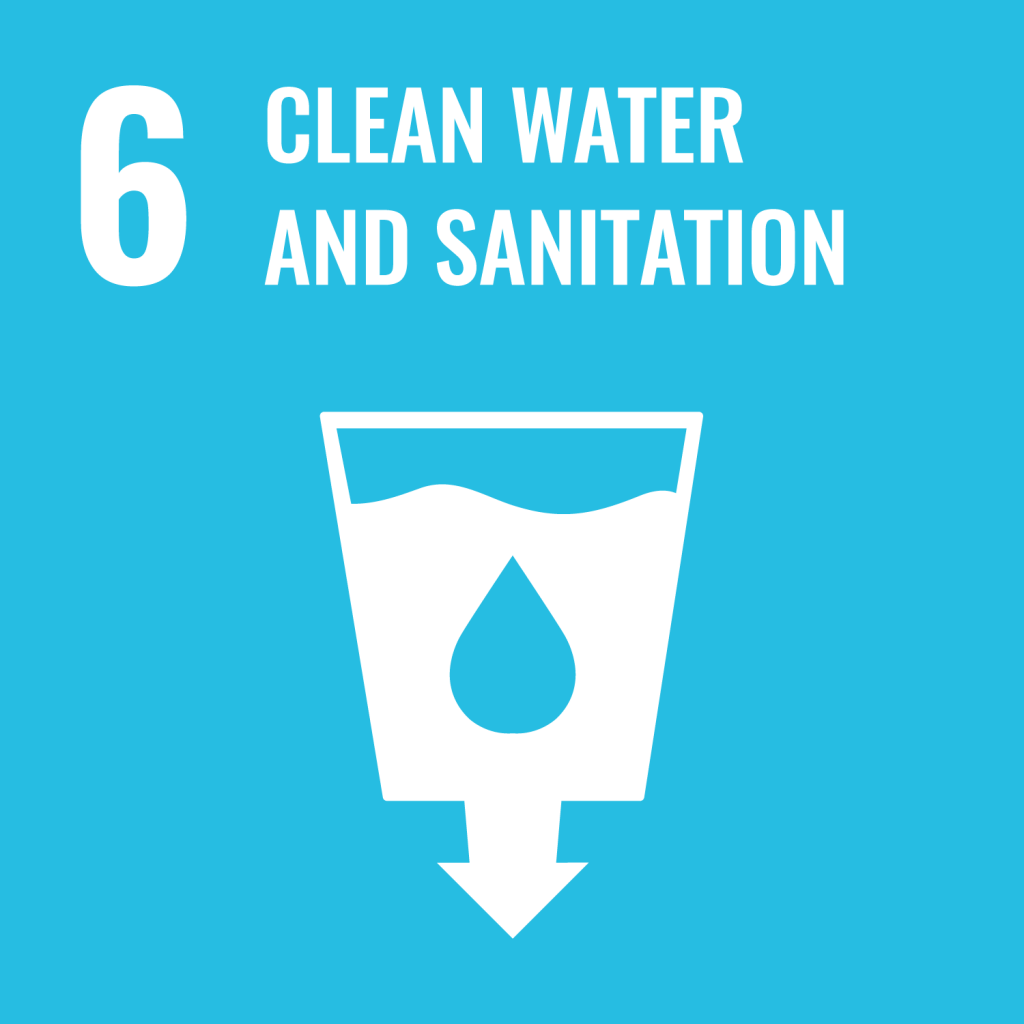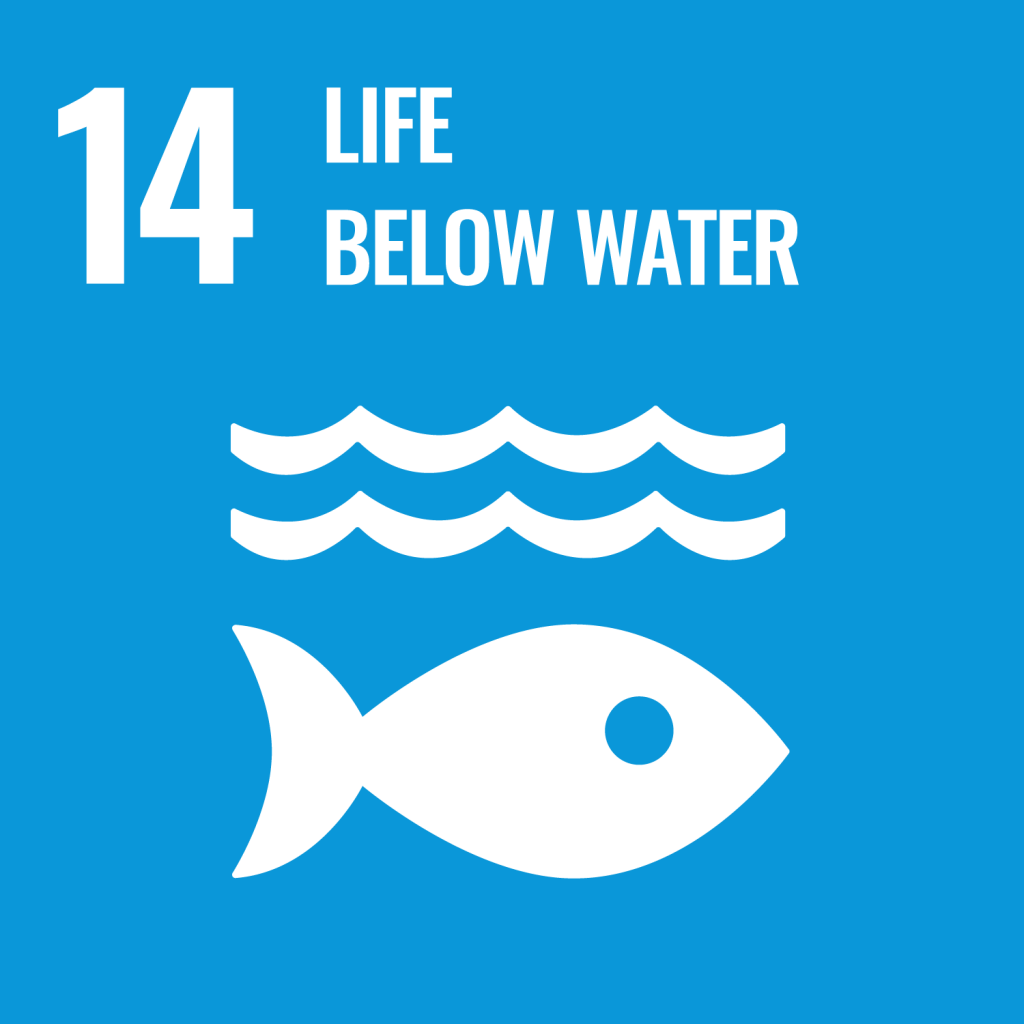Project Profile
Project Location
Central TexasProject Operator
TreeFolksProject Type
PlantingProject Credits
5,728Credit Availability
CommittedProject Contact
Valerie Tamburri, Director of Reforestation, Valerie@treefolks.orgTreeFolks’ Central Texas Floodplain Reforestation Program (CTFRP) restores degraded riparian forest buffers along creeks, streams and rivers within the 100-year floodplains of Travis, Hays, Bastrop, Caldwell, Williamson, Blanco and Burnet counties. This program is a partnership between TreeFolks, the City of Austin Office of Sustainability, the City of Austin Watershed Protection Department, the City of Wimberley Parks and Recreation Department, the Guadalupe-Blanco River Trust, and Texas Parks and Wildlife.
For the CTFRP 22-23 project, TreeFolks planted 59,423 trees on 60.22 acres of public and privately owned parcels in Blanco, Travis, Hays, Caldwell, and Bastrop counties, between February 4, 2023 and February 14, 2023. Reestablishing riparian forest corridors will increase canopy cover and diversity in an ecosystem that has been degraded for over a century, and will provide many benefits throughout Central Texas including the protection of watersheds, erosion control, flood mitigation, increased groundwater infiltration, interception, and filtration of stormwater run-off into sensitive waterways, regional cooling, and creation of vital wildlife habitat.
The reforestation project also serves to engage local community members with the environment, complementing Austin’s participation in the Biophilic Cities Network and the Children and Nature collaborative, and aligning with the citywide green infrastructure efforts. Reforesting local stream corridors will create lasting change, both within the city limits and across Central Texas.
Co-Benefits
Trees planted as part of this project will provide ecosystem services, also known as co-benefits, when they reach 25 years old. The co-benefits represent a savings (avoided costs) of $28,099 per year when the trees reach age 25, and $702,475 over the next 25 to 50 years.
- Rain interception (stormwater management) – 7,047.3 m3/year, $18,433 per year
- Air quality – 1.5623 tons/year, $3,772 per year
- Energy use – cooling (electricity) – 72,460 kWh/year, $5,499.73 per year
- Energy use – heating (natural gas) – 37,974 kBtu/year, $394.56 per year
Social Impacts
The 17 United Nations Sustainable Development Goals (SDGs) are an urgent call for action and global partnership among all countries, representing key benchmarks for creating a better world and environment for everyone. Well-designed and managed urban forests make significant contributions to the environmental sustainability, economic viability and livability of cities. The main SDGs for this project are described below, with more detailed information in the Project Design Document.

The Central Texas Floodplain Reforestation Project plants forest buffers along degraded creeks, streams and rivers on public and private land to enhance regional cooling, sequester CO2, mitigate flooding effects from storm water runoff, improve infiltration rates, improve air and water quality, and create critical wildlife habitat.

TreeFolks selects native trees appropriate to the Central Texas climate zone and creates detailed planting plans for each specific site, according to their eco-region, and differentiates planting areas by upland and wetland areas to ensure trees are planted in appropriate zones. This not only helps ensure the survival of the trees, but also takes into account the warming climate.

Planting native trees, along with encouraging landowners to plant native grasses and wildflower mixes, contribute to improving soil health on floodplain properties. Livestock must be fenced out of planting areas, which reduces soil compaction and allows vegetation to recover. Wildflowers and trees contribute food resources for pollinators and restores wildlife corridors along and within creeks and streams.
Total Credits Issued: 573
- 2023: 573 credits
Total Credits Sold: 573
- 2024: 573 credits
Total Credits Retired: 573
- 2024: 573 credits
Total Credits Cancelled: 0
Total Credits Available for Purchase: 0
Explore More Carbon Projects
Austin, TX
Central Texas Floodplain Reforestation Project - 2022
Restoring healthy forest buffers
Des Moines, IA
City of Des Moines Urban Tree Planting 2022
Planting for equity and youth development
South Prairie, WA
Pierce Conservation District Reforestation Program - 2022
Restoring health riparian corridors
